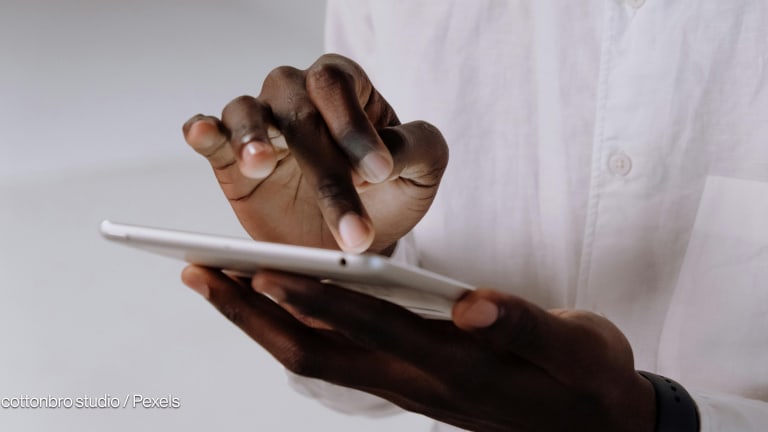Trade deals are about more than just economic relations. They are a way to strengthen global cooperation and enhance human development, including health. But they can also impact the economies and populations of countries not party to the agreements, even affecting human rights like the right to access vital medication.
This is why the world is watching as the United Kingdom and India enter the final stages of negotiations for a free trade agreement. India is a critical producer and exporter of generic medicines, providing 20% of global supply. Generic medicines can cut the cost of medicines by up to 80%, and for people in lower-income countries, Indian generics are a lifeline. Africa receives over 50% of its generic medicines from India. But this is a lifeline that a trade deal between India and the U.K. could cut short.
During my time as president of Nigeria, I saw the impact of Indian generics firsthand. In 1999, as I began my second term in office, Nigeria could not afford HIV treatment, even though we were experiencing one of the worst epidemics in Africa at the time. In the early 2000s, Indian generics slashed the price of treatment from more than $10,000 a year per patient to just around $365, a dollar a day. By 2008, India supplied 84% of Nigeria’s antiretroviral HIV medicines, saving countless lives.








